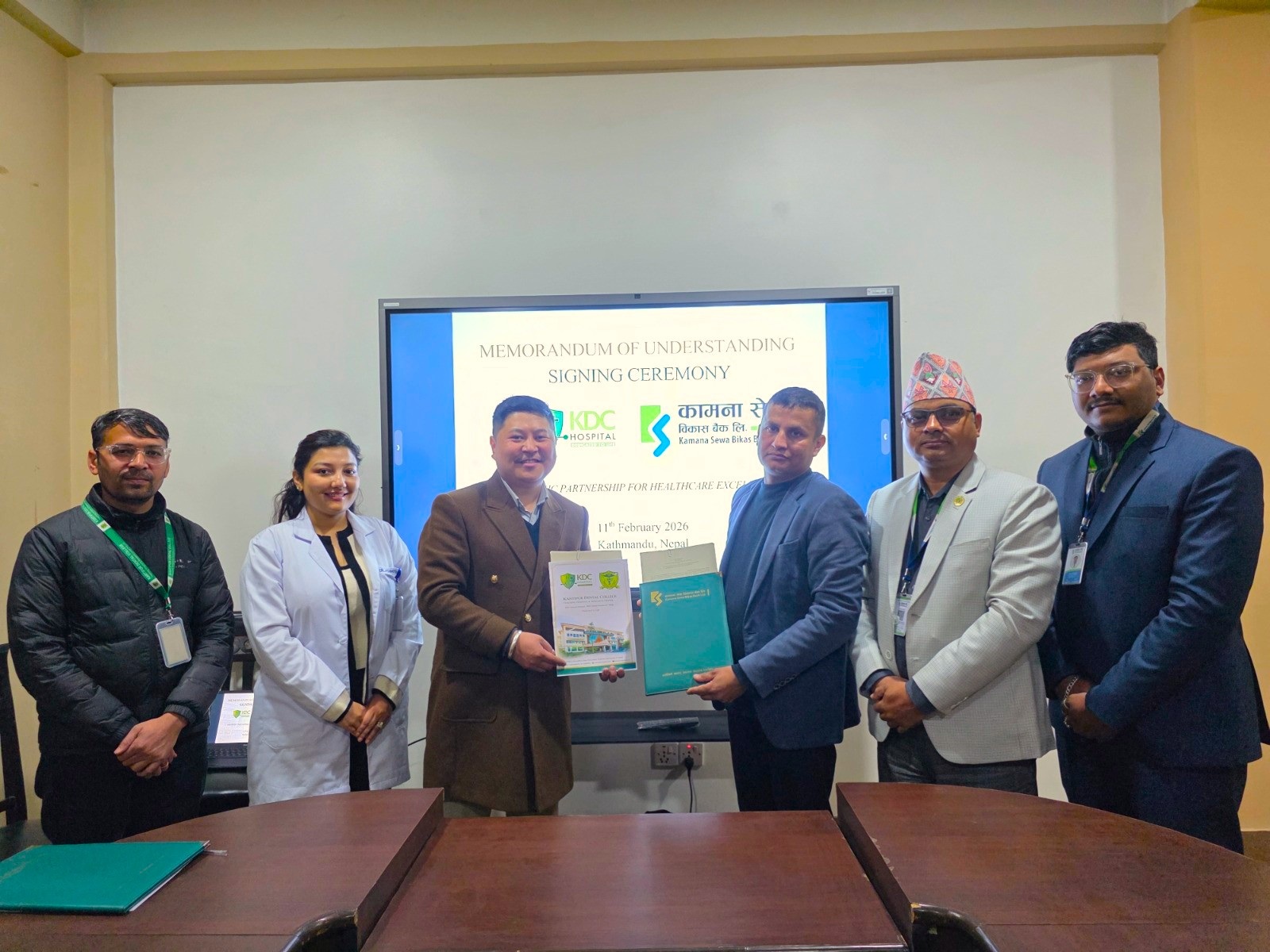Public WiFi vs Mobile Data: NTA Enforces Fair Play in Nepal’s Internet Market
1st August 2025, Kathmandu
The Nepal Telecommunications Authority (NTA) has recently issued a firm directive to Internet Service Providers (ISPs), bringing into sharp focus the ongoing debate surrounding free public WiFi hotspots.
Public WiFi vs Mobile Data
This move isn’t about eliminating public internet access, but rather about ensuring adherence to existing regulations and addressing what the NTA and mobile service providers (MSPs) perceive as unfair competition and a “grey area” turning “black.”
The Core of the Conflict: Mobility vs. Fixed Services
At the heart of the NTA’s concern is the distinction between two categories of telecom providers and their licensed services:
Mobile Service Providers (MSPs): These companies, like Nepal Telecom, are licensed for full mobility, seamless connectivity, and roaming services. They invest significant capital, including billions in licensing fees, to offer uninterrupted internet access as users move from one location to another, ensuring a continuous connection.
Internet Service Providers (ISPs): ISPs are primarily licensed to provide fixed-location internet services. Their operational scope is generally limited to a specific premise or designated area, and they are not authorized to offer mobility features like automatic roaming or seamless transitions across different hotspots.
The NTA suspects that some ISPs are blurring these lines by offering mobility-like services through their public WiFi hotspots. This means that once a user logs into an ISP’s public WiFi, they might remain automatically connected as they move between different hotspots provided by the same ISP, effectively replicating the “mobility” service that only MSPs are licensed to provide.
Existing Regulations and Enforcement
The NTA’s directive is not a new rule but an enforcement of existing regulations, specifically the WiFi Hotspot Operation Regulation, 2075, and the Radio Frequency Policy, 2080. These regulations stipulate that ISPs setting up public WiFi hotspots must:
Obtain prior approval from the NTA.
Cover only designated areas, ensuring the hotspot’s range is limited.
Require connections to be established with unique usernames and passwords for each session.
Enforce restricted session times (typically up to 30 minutes) and automatic disconnection after the allowed duration.
The NTA emphasizes that its goal is to ensure all stakeholders comply with their respective licensing agreements and to minimize cyber threats through secure WiFi usage.
The Business Case for Mobile Providers
Mobile service providers, who pay substantial annual licensing fees and invest heavily in their infrastructure, have voiced strong concerns. They argue that ISPs offering mobility-like services at lower annual fees create an uneven playing field and directly impact their revenue. Nepal Telecom, for instance, has openly stated that such practices by ISPs could significantly hurt their long-term business prospects. Reports suggest that ISPs’ free WiFi hotspots may be costing telecom companies a revenue loss of up to NPR 14 billion annually.
This disparity in licensing costs and the perceived overlap in services have led MSPs to push for stricter enforcement of existing regulations.
ISPs’ Response and Potential Outcomes
While the Internet Service Providers’ Association of Nepal (ISPAN) has yet to issue an official collective response, individual members acknowledge a shift from a “grey area” (where the rules were ambiguous) to a “black area” (where the prohibition is now clear). This could have significant repercussions for ISPs who have already invested in providing widespread public WiFi hotspots.
WorldLink, one of Nepal’s largest ISPs and a major provider of public WiFi, has clarified that it operates within the regulatory framework and does not offer mobility services. They view their free WiFi initiatives as part of their corporate social responsibility, not a commercial product.
If the NTA rigorously enforces these regulations, several outcomes are likely:
Increased Reliance on Mobile Data: Users who previously relied on seamless free WiFi may need to purchase more mobile data, leading to increased costs for consumers.
Revenue Boost for Telecom Providers: MSPs are likely to see an increase in their revenue as mobile data consumption rises.
Government Revenue Growth: The government stands to benefit from increased telecom service taxes, VAT, and income tax from the flourishing telecom sector.
Potential Challenges for ISPs: Smaller and regional ISPs, particularly those that have heavily invested in extensive free WiFi networks with mobility features, may face significant challenges in adapting to the stricter enforcement.
The NTA’s move underscores a push for clearer market distinctions and fair competition within Nepal’s telecommunications sector, potentially reshaping the landscape of public internet access in the country.
Nepal Telecommunications Authority (NTA): Regulating Nepal’s Digital Future
The Nepal Telecommunications Authority (NTA) is the official regulatory body responsible for overseeing and managing the telecommunications sector in Nepal. Established in 1998 under the Telecommunications Act, 2053 (1997 AD), the NTA operates as an autonomous government agency. Its main objective is to create a competitive, reliable, and accessible telecommunications environment that benefits the general public and supports national development.
NTA’s core responsibilities include issuing licenses to telecom operators, ensuring quality of service, monitoring spectrum usage, promoting fair competition, and protecting consumer rights. It also plays a key role in regulating internet service providers (ISPs), mobile network operators, and satellite communication systems.
The authority ensures that all telecom operators comply with legal and technical standards. It also sets tariffs, reviews service complaints, and promotes the expansion of telecom services to rural and underserved areas of Nepal.
One of NTA’s top priorities is bridging the digital divide in Nepal. Through its Rural Telecommunication Development Fund (RTDF), the authority invests in projects that expand broadband internet and mobile access to remote regions. It also supports digital literacy programs and works with stakeholders to boost digital inclusion.
In recent years, the NTA has promoted 4G network expansion, encouraged innovation in telecom services, and begun exploring 5G implementation. The authority is also active in cybersecurity policy-making, ensuring that digital communication remains safe and reliable for all users.
In 2025, the NTA made headlines by strictly enforcing existing rules regarding public WiFi hotspots. The authority issued directives to ISPs to prevent them from offering mobility-like services, which are legally reserved for mobile service providers. This move aims to maintain fair competition and protect telecom revenue while ensuring that ISPs stay within their licensing boundaries.
The NTA also plays a leading role in regulating emerging technologies, supporting Nepal’s transition to a digital economy, and enabling e-governance initiatives.
The Nepal Telecommunications Authority stands at the forefront of Nepal’s communication revolution. With its commitment to transparency, innovation, and regulation, the NTA is shaping a future where every citizen can enjoy affordable, secure, and high-quality digital connectivity.
For more: Public WiFi vs Mobile Data








